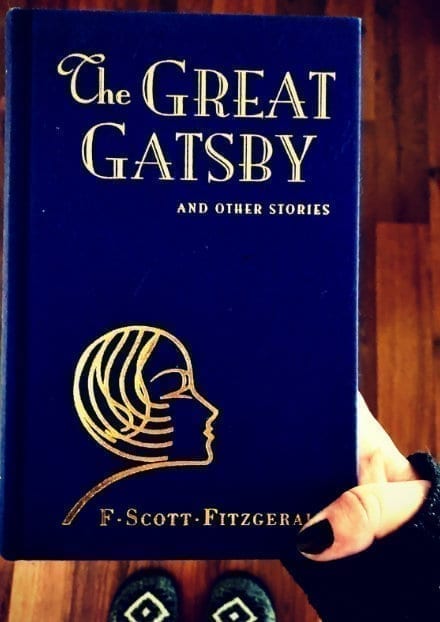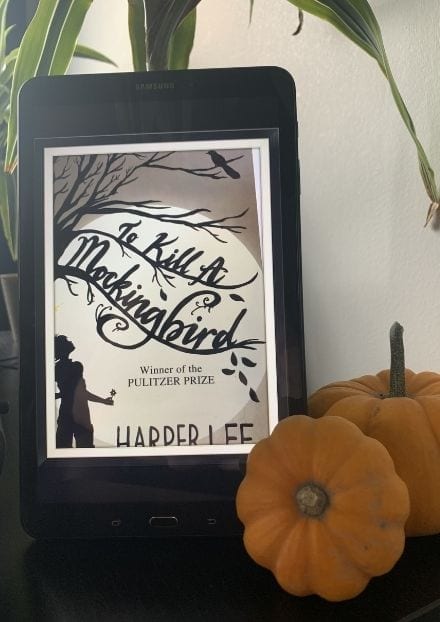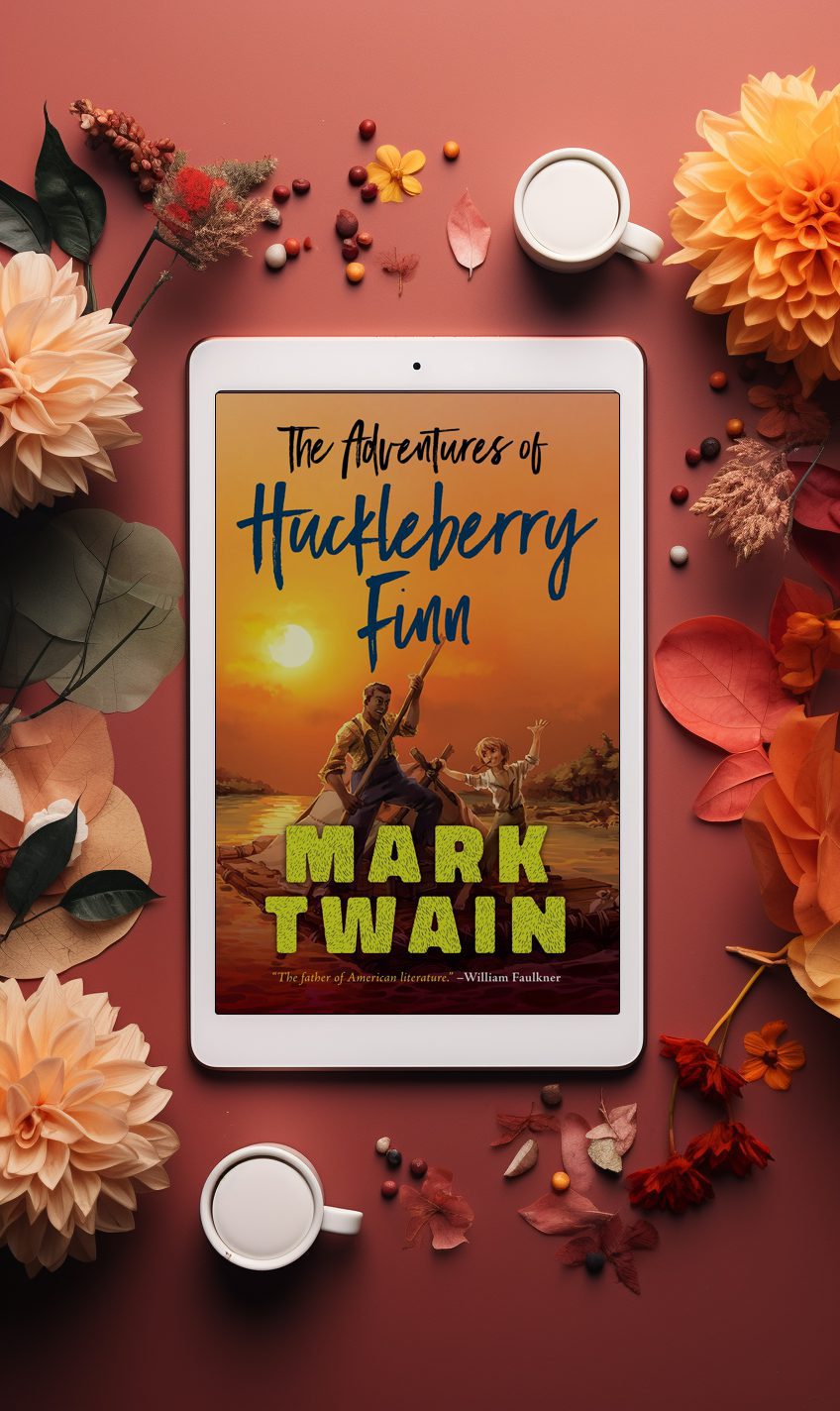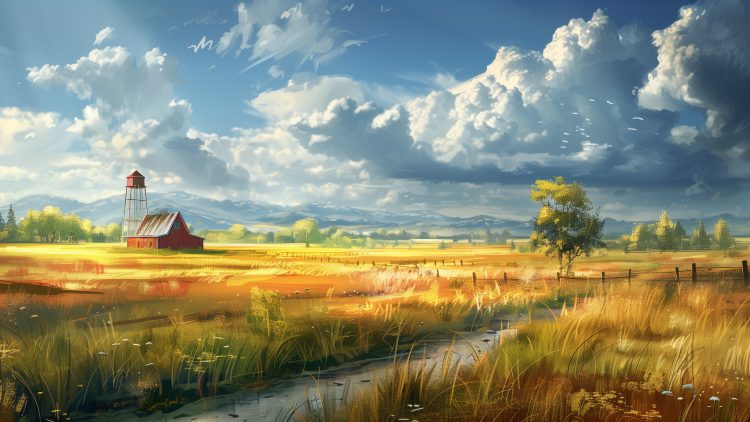This week, we had an in-depth exploration into the heart of what defines a novel or literary work as truly exemplifying the “Americana” genre. While there are clear overlaps between Americana and American literature as a whole, Americana has a distinct aesthetic and perspective that evokes a strong sense of nostalgia, harkening back to fading memories and ways of life.
Note
The following is an editorialized transcript of the podcast episode about the defining traits of Americana books. If you would like to listen to the podcast, click the play above orlisten on your favorite platform with the links below.
Related5 Best Coming-Of-Age American Novels
It frequently centers the narrative on characters’ profound connections to and reverence for the natural landscape, rural lifestyles, and the struggles of the oppressed in overcoming adversity – all prominent threads woven into the greater American story.
The Major Characteristics of Americana

The Great Gatsby
Google Books Preview:
Author:
F. Scott Fitzgerald
Published:
01/05/2021
Genre:
Publisher:
Modern Library
Number of pages:
192
ISBN:
9780593133569
A hallmark of archetypal Americana works is how they render the vast American landscape itself as almost a character, providing a rich backdrop that the people’s narratives play out against. Iconic examples like Steinbeck’s The Grapes of Wrath depict the harsh reality of the Dust Bowl through the lens of migrant farmworker families, contrasting their plights against the harsh yet majestic expanse of the countryside they traverse.
This ties directly into another prominent Americana theme – the restless spirit of mobility that has defined America, with people pulling up roots and migrating long distances in pursuit of new economic opportunities and fresh starts wherever possible.
However, we discussed the nuances of how Americana encompasses various subgenres that deviate from the nostalgia-driven, memory-centric core aesthetics. Dystopian novels set in America like Fahrenheit 451 or The Handmaid’s Tale have a futuristic, often cautionary tone diverging from Americana’s wistful longing for the past.
Yet the horror genre as shaped by Edgar Allan Poe can still provide poignant Americana-style social commentary, such as his examinations of how urbanization’s overcrowding dehumanized Americans, stripping away individual identities into an indistinguishable mass.
Americana in Multiple Genres

To Kill a Mockingbird
Google Books Preview:
Author:
Harper Lee
Published:
10/11/1988
Genre:
Publisher:
Grand Central Publishing
Number of pages:
384
ISBN:
9780446310789
We examined how American poets are considered key foundational influences in first articulating the nostalgic, memory-preserving sensibilities that echo throughout Americana literature. Iconic poets like Robert Frost helped immortalize in verse the profound human connections to the rural landscape and a longing for the simplicity and identity tied to those fading ways of life.
RelatedEssential Americana Reads: 10 Novels That Tap Into The Spirit of Americana
Their impactful, distilled works centering memory, place, and the natural world’s imprint on the American spirit paved the way for future novelists to expand on those quintessential Americana themes and aesthetics.
At its essence, Americana literature endeavors to capture thoroughly American stories and experiences – the economic ambitions that spur multi-generational sagas of migration, the perspectives of individuals contrasted against the vast, punishing yet sublime terrain, unflinching social commentary on the nation’s injustices, and how identities are forged through turmoil, and perhaps most crucially, a vein of nostalgia pulsing through it all as a lament for the idealized ways of life being lost to the relentless forward march of industrialization and change.
It encapsulates the paradoxical duality of the restless ambition to conquer new frontiers battling with a longing for the familiarity and rootedness of what is being forsaken along the way.
Final Thoughts

The Adventures of Huckleberry Finn
Google Books Preview:
Author:
Mark Twain
Published:
12/10/1884
Genre:
Publisher:
Chatto & Windus
Number of pages:
436
ISBN:
UOM 39015000557994
Ultimately, while certain core elements like rural settings, social critiques woven in, and characters undertaking geographic journeys can indicate an Americana novel, the boundaries are quite porous. Much comes down to simply the powerful, evocative feeling a literary work is able to summon in readers – that visceral sense of nostalgia, of personal and cultural identities fundamentally shaped by a deep interconnection with the land, of fading memories worth preserving of vanishing ways of life so integral to the national experience.
RelatedCormac McCarthy’s Revelations of Americana’s Dark Side: Exploring the Unseen
An Americana work makes readers feel not just as casual observers but like they have been immersed in the triumphs, turmoil, simplicity, and complexities that shaped the American spirit’s unyielding sense of identity rooted in the very soil.
So while Americana has distinguishing conventions and well-established archetypes, it remains a highly subjective and atmospheric genre defined more by the resonant emotions it can evoke of quintessential American life – whether dramatizing the harsh economic realities, the punishing yet awe-inspiring landscapes, the personal empowerment over oppression, or simply a longing for the nostalgic comforts of how things once were.
As long as a writer can vividly encapsulate the beauty, struggle, ambition, and identity inherent to the American experience in a way that profoundly moves readers, it can be considered part of the rich Americana tradition. It transcends rigid boundaries to capture a deep sense of the American spirit and psyche.
Enjoying this episode? Be sure to check out all of our coverage of the genre over at https://fully-booked.ca/. We’re a listener-supported podcast! Please consider pledging and helping Fully Booked to grow our library over at https://ko-fi.com/fullybooked, or by leaving us a 5-star rating and review wherever you’re listening. Thanks, bookworms, and don’t forget to keep on reading!






















